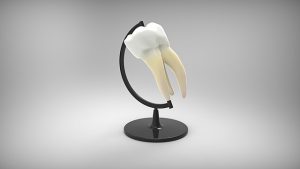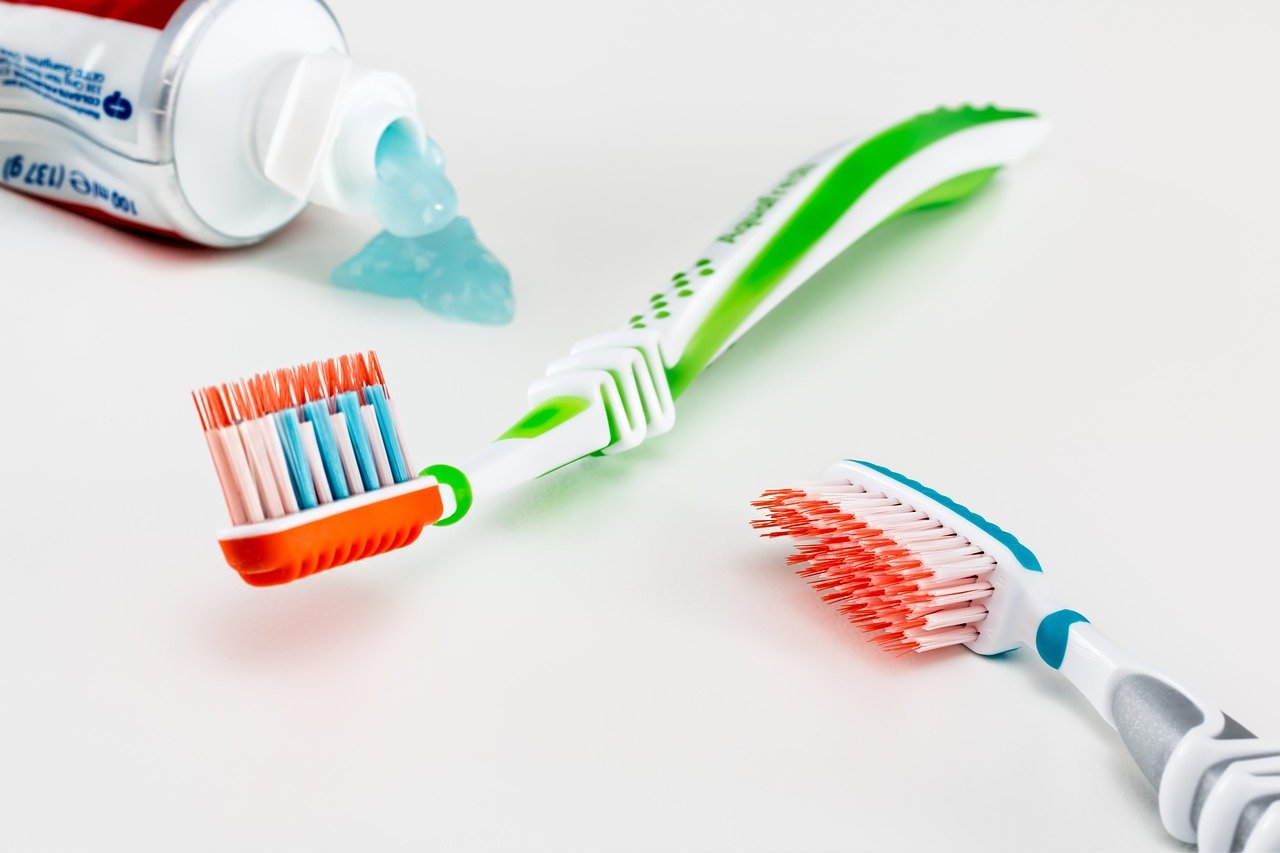Just when you’ve made up your mind that dental treatment abroad is right for you, a horror story of someone who went abroad pops up and you’re full of doubts. So let’s take a look at how safe dental tourism is.
Forget the sensational press stories!
Regardless of what you research, someone somewhere will have a story of how everything that could go wrong did go wrong, and how they wish they could turn the clock back. These are great stories for the media, and they get traction – but set aside those few nightmare scenario stories – and do some proper research.
Nothing is guaranteed

Tooth! Pic by Partha S. Sahana via Flickr CC
Any medical treatment, of any type, has an inherent risk. You cannot guarantee perfection – whether it is a dentist at home, a dentist abroad, or any kind of medical practitioner, anywhere. That’s why doctors have malpractice insurance – because things can go wrong.
But bear in mind that treatment abroad doesn’t on its own increase your risk. It’s up to you to assess your level of risk and decide whether this is something you can handle.
These questions can help you get started:
- How is your overall health? Underlying conditions may have an impact on the amount of treatment you should undergo in a short period of time, and could have a potential impact for your aftercare.
- What is your insurance like? Does it cover treatment abroad?
- How well can you make yourself understood if you go abroad? Does your dentist speak English fluently, or do you speak the local language?
- How much post-intervention care will you need?
Treatment matters
If you are having a lot of invasive work done, then your risks are higher in terms of post-treatment complications. This is true whether you have the treatment next door or on the other side of the world. The amount of treatment you have, and the aftercare you manage yourself is going to have a significant impact on infection control.
Doesn’t lower costs mean poor quality?
No. That’s an old sales mentality, raise the price and the buyer will perceive the value is greater. Do we still fall for that?
Cost is lower in many countries but there are reasons for that: the actual cost of running a business is far lower in many countries, so that discount is passed on to you. We’re talking about rent, wages, taxes, cost of materials. This all adds up to a significant discount for dental tourists.
Countries like Thailand and Costa Rica, for example, have excellent dental care yet costs are low enough to make a significant difference. Everything costs less, not just dental work.
What if something does go wrong?
At the very first sign of infection, go to a dentist. It’s imperative that you seek treatment for any infection before it causes long-term damage.
If it’s something more than infection, for example if there’s a more structural issue, then you should get in touch with the dentist and let him or her know what has happened. Better yet, get some guarantees before you go, in writing, at least via email. Ask about follow-up treatment and exactly what to do if there are any problems.
Read our Top Ten Myths about Dental Tourism to dispel a few more doubts!

